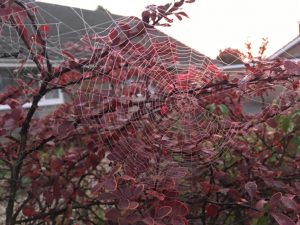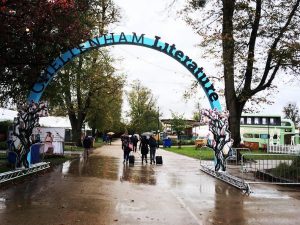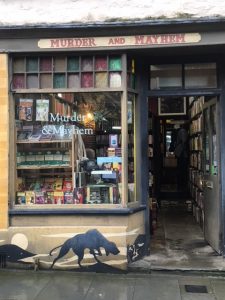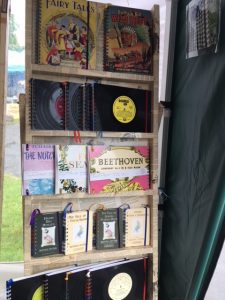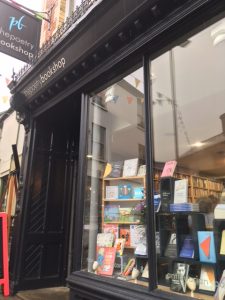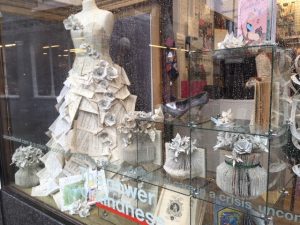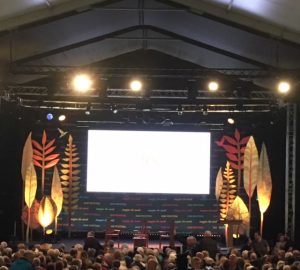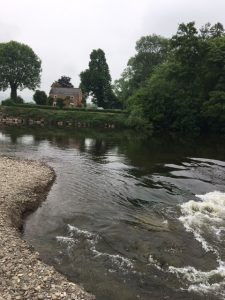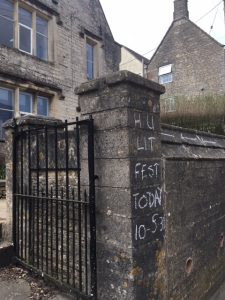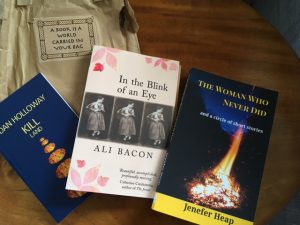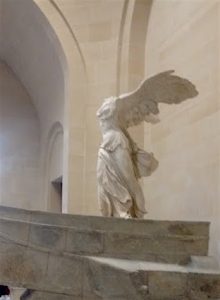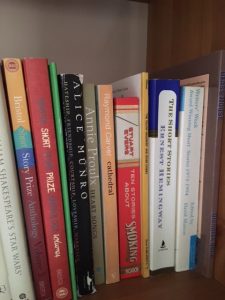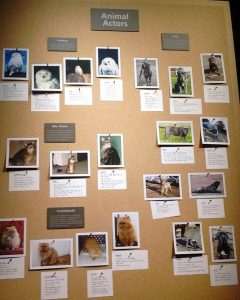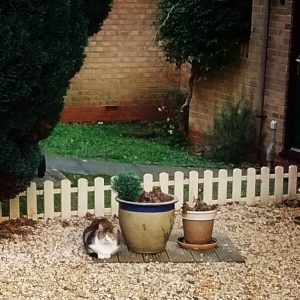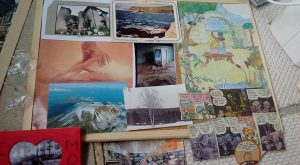This Week’s Bit of String: Marriage proposal on a t-shirt
When I immigrated to Britain my son was almost 3, quite active, and thankfully for our overnight flight we sat next to someone friendly. Our neighbour on the plane was a medical student from Bulgaria, on his way home to surprise his girlfriend.
She was expecting his best friend, also Bulgarian and studying with him in Boston. “She’ll come to pick him up at the airport,” our flight mate explained, “but instead she’ll get me!” He beamed and pulled a t-shirt out of his carry-on. It was printed with, apparently, “Will you marry me?” in Bulgarian.
I often wonder how he fared. He planned that the wedding would take place after his studies were complete, when he would return to his home country to work. “We need doctors in Bulgaria. I can’t keep that away from them.”
Have Gifts, Will Travel
With a bachelor’s degree in Writing and Literature, and a hodgepodge of hospitality, childcare, and administrative work experience, I didn’t feel I was depriving my home country by leaving. As writers we can set up work anywhere. And hopefully, eventually, we can positively impact people regardless of borders.
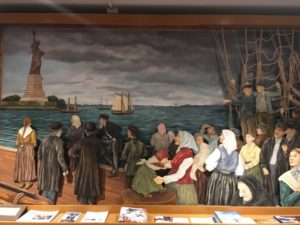
Quite a few famous writers throughout history have been travellers and immigrants (articles here and here on great books written by immigrants). Even in an informal Twitter poll of writers I conducted this week, 35% of the respondents now live in a country different from where they were born.
This is partly reflective of our portable vocation, and perhaps of our general exploratory nature. Although as writers we’re often introverts, we feel an irresistible urge to discover and experience more. I think too, it’s possible we’re somewhat itinerant because we’re not the most boundary-conscious people.
Everywhere is writing territory. A train compartment, an airport queue, a historical landmark, a foreign restaurant. Inside someone else’s front garden, inside your head. We cross countless borders, sometimes with questionable authority, and with varying degrees of success.
And sometimes when we’re right there in front of you, we might seem to be somewhat absent.
Home and Abroad
For those writers who don’t take the ultimate leap of immigration, there’s still travel. The many writers who travel seeking adventure, often with children and often faithfully writing about it, impresses me (stunning examples here and here).
I just came back from a short family trip to Denmark and Sweden. At New Year’s we spent a long weekend in Seville. I didn’t write at all, on either of those journeys. I couldn’t even keep a daily diary. Feeding and entertaining my family, maintaining all arrangements and reservations, studying maps and routes and opening times and attractions, then processing photos afterward, those things take up all my time.
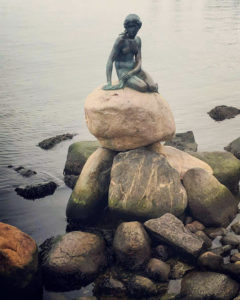
That said, I still believe travel helps us as writers. From a quick, hard-earned vacation I am reminded to utilise every minute, to watch for differences and similarities around the globe. New realms open up to me while reinforcing common human bonds.
The first story I published took place in Haiti, a nation I visited and fell in love with when I was 16. I love using writing to remember places I’ve seen, which is why some of my writing still takes place in my American home state of New Hampshire.
Side note, the word immigrant actually originated in New Hampshire, first coined in a 1792 history book there by James Belknap. It’s from the French, which in turn was derived from the Latin, for “to remove, go into, move in.”
Immigrant shares its root with the word emerge. To me, that’s possibly the most important part of travel: emerging from the stupor of our routine. We shake ourselves awake from our own story and flit through endless streams of others.
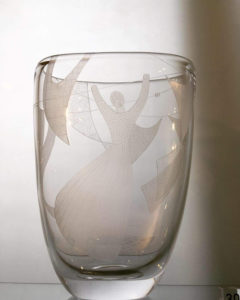
This includes the magical, like the peace of an old cathedral or a breathtaking sculpture, but also the mundane—how Copenhagen and Seville get rid of their rubbish via an automated vacuum system which sucks it through underground pneumatic tubes to a processing facility. While traveling we’re exposed to the dramatic—help the hotel raise money to provide safe rooms for victims of human trafficking—and the personal, like the mum at the table next to us in a Swedish burger bar, who must have been out for a birthday meal with her partner and adult son, but barely touched her food, sat composed and quiet the whole time, and prepared to leave by slowly pulling her celebratory bouquet from her water glass, one stalk at a time.
Then we return to the daily grind and the stories swarming around us come home to roost. While we’re checking spreadsheets, hanging laundry, or trying to ignore bad bus smells, suddenly we are whisked away again. Borderless, unfettered, we get lost in a new story. Please excuse us if we seem to be away again.
Whether you’re a frequent flyer or someone who enjoys a good staycation, do keep exploring. We need your stories, the ones you bring back and the ones you return refreshed to pick up again.
